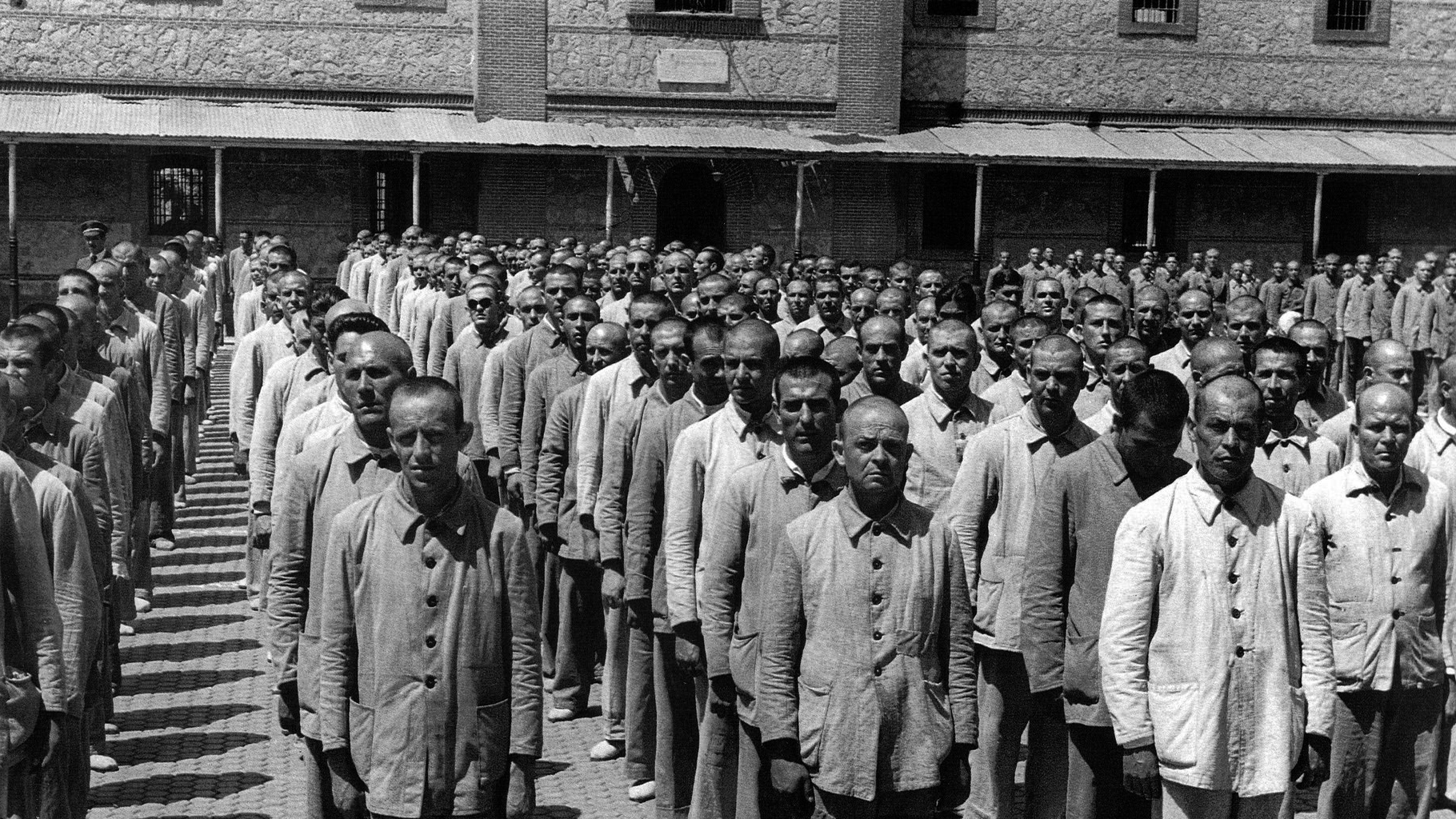
Synopsis
After the success of Franco´s Settlers, their first encounter with Franco’s dictatorship, filmmakers Dietmar Post and Lucía Palacios now tackle one of the most undisclosed chapters of European history: the allegedly organized extermination that took place in Spain under General Franco’s fascist dictatorship between 1936 and 1975 after he established his power with the help of Germany, Italy and Portugal. To this day no one has been prosecuted for the regime’s systematic atrocities; victims haven’t been rehabilitated. Over 100,000 people are still missing.
After a Spanish judge´s attempt to accuse Franco and his generals for crimes against humanity failed in 2010, Franco’s victims filed a complaint in Buenos Aires, known as “Querella Argentina”. Now for the first time, an Argentinian investigating judge, María Servini, has issued 24 international arrest warrants against high-ranking representatives of the Franco dictatorship. The filmmakers accompany her as she tries to initiate court proceedings against the accused, proving that a reappraisal of Spain’s darkest chapter is long overdue.
Franco on Trial debates specific crime cases presented in the Argentinean Lawsuit. By interweaving never-before-seen archival material with current footage and by delivering a historical contextualization of each case the film itself demonstrates new evidence. In one of the key scenes, the film creates a sense of the impending lawsuit’s actuality when one of the suspected perpetrators is confronted directly with the accusations by the plaintiff, the investigating judge and the plaintiff’s lawyer.
The film has been in the works for over 8 years. During that time the directors managed to gain access to people from both sides of the conflict, including the daughter of a general in the 1936 coup who still counts a silver-framed portrait and personal present of German Nazi-leader Hermann Goering among her possessions.
Franco on Trial reveals an almost forgotten part of 20th century European history and raises the question: Will the so-called “Argentinian Complaint” become a Spanish Nuremberg?
“Conmovedor documental sobre los crímenes cometidos por el franquismo y el intento desde Argentina de que se juzguen, con testimonios e imágenes que no se olvidan fácilmente”.
En mi opinión, el mejor documental sobre el tema. Su gran mérito en relación con la querella argentina es haberla situado en el contexto internacional más amplio, lo cual tiene mucha trascendencia desde el punto de vista jurídico”.
“Una película extraordinaria. Sobre todo porque saca la represión del contexto de la guerra civil y por el repaso que hace de los 40 años de dictadura. Un documental impresionante y esencial para la discusión política”.

“Por cierta filiación ética a la aventura de la etnografía musical, la película de Post y Palacios se aleja de “la narrativa del espectáculo” para filmar de forma seca, que no fría, su investigación”.
“Una vez más Palacios y Post crean un potente documental sobre el franquismo. Como en Los Colonos del Caudillo, hablan con víctimas y victimarios. Del espectador depende que este film pueda actuar como un recurso terapéutico, o se limite a confirmar la banalidad del mal“.
¨Los directores documentan de manera impecable lo que ha sido la represión española previa y durante la guerra civil y sus remanes hasta el día de hoy. El documental presenta la memoria de las víctimas y su lucha por reivindicar sus derechos”.
“Con esta película los cineastas nos presentan un período oscuro y poco conocido de la historia europea que influyó en muchas partes del mundo”.
